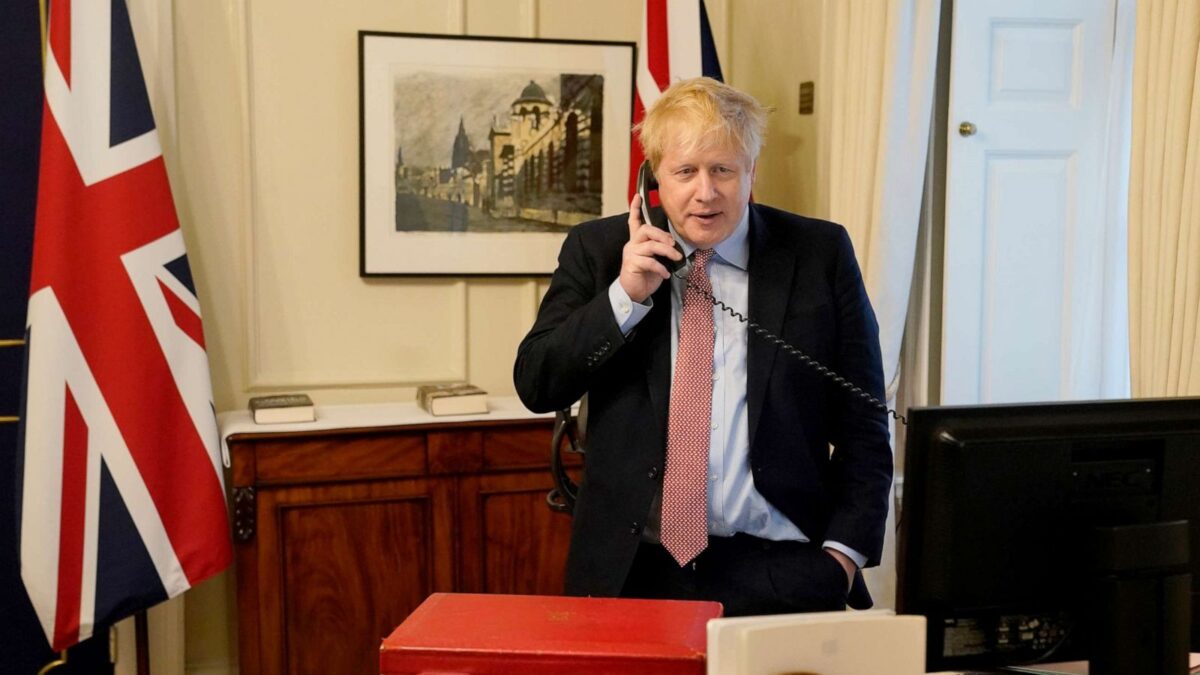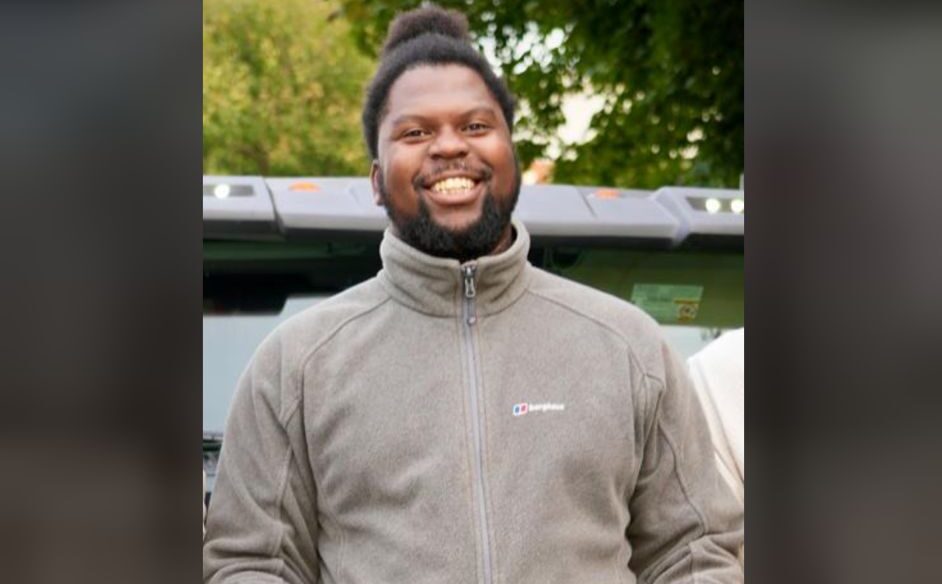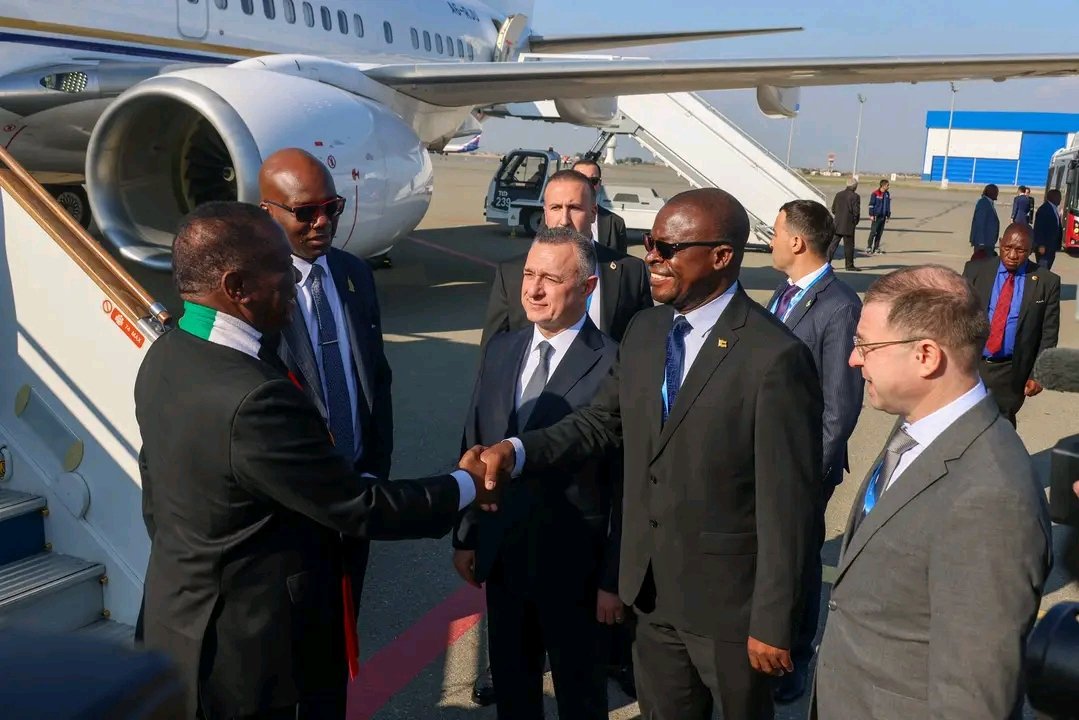HARARE – Investors from the United Kingdom are shunning Zimbabwe mainly because of concerns over property rights and a compromised judiciary, the country’s minister for Africa James Duddridge said Wednesday.
In an op-ed published in South Africa, Duddridge said far-reaching political and economic reforms are needed for Harare to attract overseas capital.
“UK investors repeatedly tell us that three things prevent them from investing in Zimbabwe: concerns about the poorly managed currency, concerns about the arbitrary property rights, and concerns about the legal system,” he wrote.
“These areas can be improved through genuine political and economic reform and with greater investment, the economy can be rebuilt for all Zimbabweans.”
President Emmerson Mnangagwa’s “Zimbabwe is open for business” campaign has failed to calm especially western investors who have watched the country hop from crisis to crisis for close to two decades.
The seizure of white-owned commercial farms without compensation, including those protected under bilateral agreements, still haunts the country.
Duddridge said economic and travel sanctions on government officials accused of human rights violations will remain in place.
The UK on Monday announced its first set of autonomous punitive measures targeting four security chiefs, after leaving the European Union.
The sanctioned individuals are police chief Godwin Matanga, state security minister Owen Ncube, Central Intelligence Organisation boss Isaac Moyo and former Presidential Guard commander Anselem Nhamo Sanyatwe.
“In 2017, President Emmerson Mnangagwa committed to reforms to bring legislation and practice in line with Zimbabwe’s constitution. This is encouraging. But sanctions will be retained for as long as the human rights situation in Zimbabwe justifies them,” Duddridge added.
“The UK is committed to supporting Zimbabwe’s long term success. But the onus is on the Zimbabwean government to show it is willing to take steps to make the critical political and economic reforms the country needs.
“Until then we will not shy away from defending human rights,” he said.
















